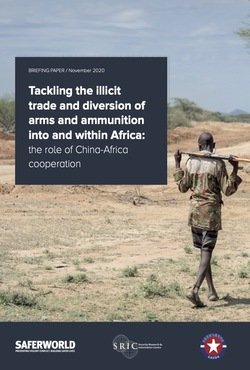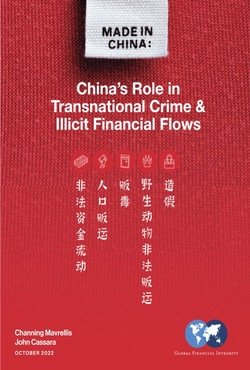UNITED STATES. CONGRESS. HOUSE. SELECT COMMITTEE ON THE STRATEGIC COMPETITION BETWEEN THE UNITED STATES AND THE CHINESE COMMUNIST PARTY
From the document: "The fentanyl crisis is one of the most horrific disasters that America has ever faced. On average, fentanyl kills over 200 Americans daily, the equivalent of a packed Boeing 737 crashing every single day. Fentanyl is the leading cause of death for Americans aged 18-45 and a leading cause in the historic drop in American life expectancy. It has led to millions more suffering from addiction and the destruction of countless families and communities. Beyond the United States, fentanyl and other mass-produced synthetic narcotics from the People's Republic of China (PRC) are devastating nations around the world. It is truly a global crisis. The PRC, under the leadership of the Chinese Communist Party (CCP), is the ultimate geographic source of the fentanyl crisis. Companies in China produce nearly all of illicit fentanyl precursors, the key ingredients that drive the global illicit fentanyl trade. The House Select Committee on the Strategic Competition between the United States and the Chinese Communist Party (Select Committee) launched an investigation to better understand the role of the CCP in the fentanyl crisis. This investigation involved delving deep into public PRC websites, analyzing PRC government documents, acquiring over 37,000 unique data points of PRC companies selling narcotics online through web scraping and data analytics, undercover communications with PRC drug trafficking companies, and consultations with experts in the public and private sectors, among other steps. [...] [T]he Select Committee found thousands of PRC companies openly selling [...] illicit materials on the Chinese internet--the most heavily surveilled country-wide network in the world. The CCP runs the most advanced techno-totalitarian state in human history that 'leave[s] criminals with nowhere to hide' and has the means to stop illicit fentanyl materials manufacturers, yet it has failed to pursue flagrant violations of its own laws."
UNITED STATES. CONGRESS. HOUSE. SELECT COMMITTEE. 16 APR, 2024. 64p.





